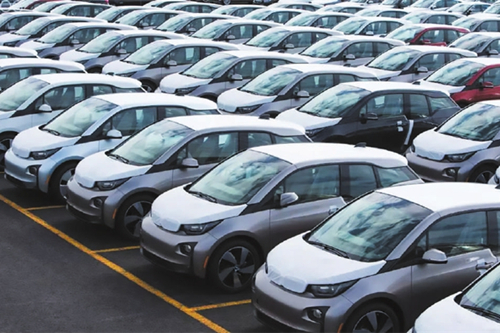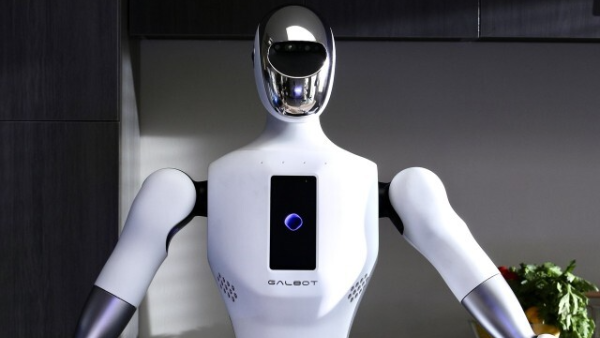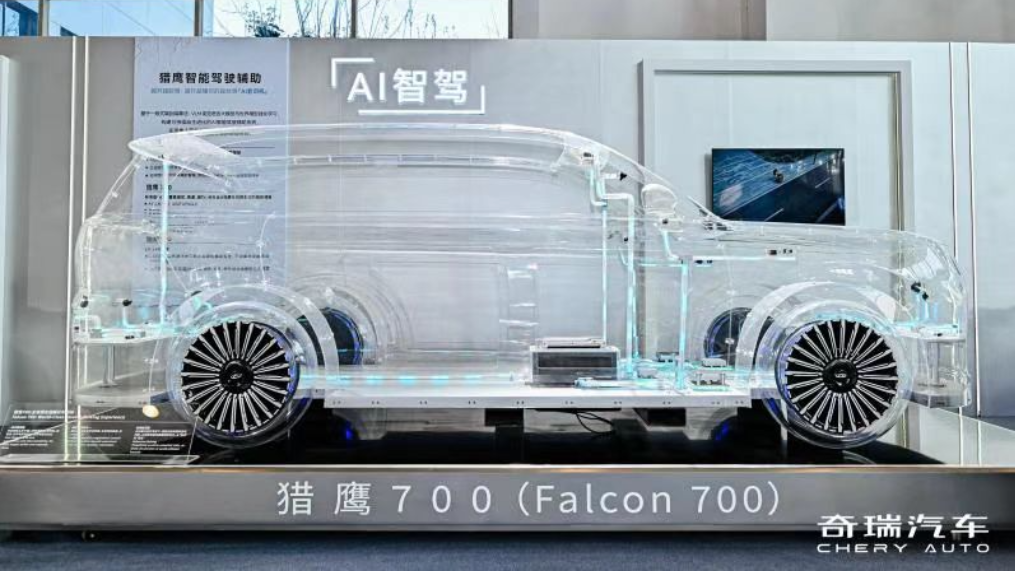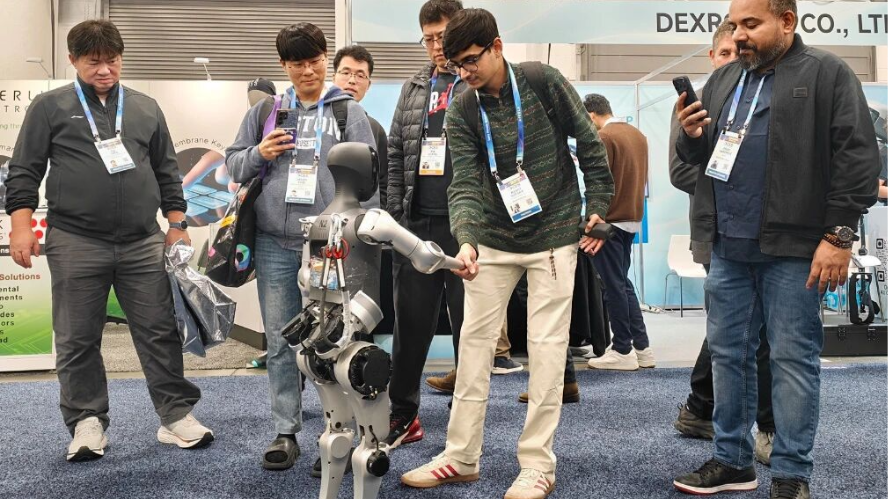

Shanghai (Gasgoo)-In recent days, China was said to ease restrictions on foreign investment in such sectors as finance and NEVs, and continue to simplify the management procedures for foreign investment, citing Meng Wei, a spokeswoman of National Development and Reform Commission. After the disclosure, foreign media reported that China is discussing a plan to allow foreign carmakers to set up wholly owned EV businesses in its free-trade zones, and if everything goes smoothly, the policy could be implemented as early as in 2018.
The two reports immediately sparked highly attention in auto industry. At the same time, China's Ministry of Commerce said in an emailed response to a foreign media outlet that it will "actively implement the opening up of the new-energy manufacturing sector to foreigners, together with other departments under the direction of the State Council." The response confirmed the truth of the news, representing a landmark departure from the existing rules, which require foreign automakers to set up joint ventures with local counterparts under a 50-50 rule.
Will Tesla benefit most from the policy?
Early in June, news has exposed that Tesla will establish a JV company in Shanghai. According to the statement made by Tesla, they are working with Shanghai government to explore the feasibility of establishing a manufacturing facility in the region. Tesla's intention in cooperating with Shanghai government may probably show China's relaxation of the EV restriction. As Tesla has long been desired to build a factory in China, the opening up of wholly owned EV businesses for foreign carmakers will benefit most for Tesla. Some industry insiders showed their optimistic opinion on Tesla's deployment of making JV in China. As others may hold the contrary ideas, Tesla is believed to have little advantage to make profits in China in short period because of its high manufacturing cost and its state quo of suffering a deficit.
Local protectionism in NEV sector is still the most difficult problem
Though China is gradually easing their restrictions on EV sectors, a vast majority of foreign automakers still tend to build JV companies to enter into the Chinese market. On one hand, partnership with Chinese automakers will enable foreign automakers to understand Chinese customers' preference quickly. On the other hand, seeking a local partner will clean off the obstacles that foreign automakers may encounter on its way to entering into Chinese market. Local protectionism in NEV sector is still the most difficult problem for NEV companies. Chinese experts in auto industry stated that the only way to solve this problem is to breaking the local protectionism and shape a united market.
Catfish effect is likely to be obvious
The so-called 50-50 rule for Sino-foreign joint ventures was introduced in 1994 to ensure that China's then-fledgling auto industry could benefit from technology transfer by jointly operating factories with global auto companies. More than two decades later, China's self-owned vehicle brands has developed by leaps and bounds, and had greatly improved in manufacturing area, but still remained weak in core technologies. With the introduction of wholly-owned foreign EV enterprises, the self-owned vehicle brands may face great challenge from their global rivals. While just as the saying goes, "every cloud has a silver lining", the opening up policy may stimulate the development of some Chinese self-owned vehicle brands and push them to develop their technologies and update their models in a quick manner to take on the foreign competitors.









